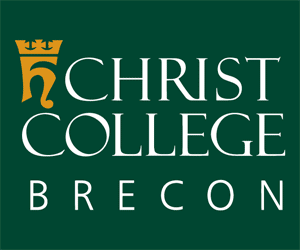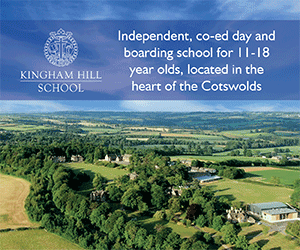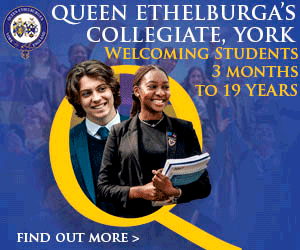What Is A Free School?
What is a free school?
Free schools were approved in the Academies Act 2010.Similar to an academy, a free school is funded directly by the government rather than the local authority. This gives them more autonomy as they also receive funding to provide extra services which would normally be held back by the local authority - such as funding to help children with special educational needs.
A free school is essentially a type of academy; the government has encouraged groups of parents, teachers, charities and religious groups to set up their own schools. They are funded in the same way as academies but they are exempt from having to teach the national curriculum and have more control over teachers’ pay as well as the length of school days and the term as a whole.
When free schools were first introduced there was talk of parents being able to set up their own school if they were unhappy with the state schools in a particular area.
How do people set up a free school?
In order to set up a free school, a group or organisation must submit a full business plan for the school with detailed planning included. This includes addressing things like parental demand, the ethos of the school and the planned curriculum. Applications are judged against other proposals and scored for their strengths and weaknesses, before a short-list is made. Short-listed applicants are called in for a detailed interview to discuss their proposal.
What Is The Curriculum In A Free School?
Essentially, whatever the body running the school decides to teach, they can. That said, a free school is still subject to Ofsted inspections, and they still have SATs. The results from these as well as GCSEs and A Levels, where applicable, are published in league tables the same as other schools.
What Is The Admission Criteria For A Free School?
Free schools must abide by the Admissions Code, which applies to all state schools in England. This means they are expected to operate an inclusive, fair and transparent admissions process - and that they must not be academically selective.
Why Has There Been Such A Fuss Over Free Schools?
Critics say free schools are divisive and likely to be mostly middle-class which will weaken schools that are already struggling by luring the best performing pupils away. Local authorities mainly believe that the authority to create new schools should be returned to local councils, since they are legally responsible for ensuring there is a school place for every child in the area.
Many people have expressed concern that free schools will provide too much freedom to faith-based schools which may push fundamentalist agendas. The government has countered that this fear is largely baseless, since all free schools must show that their curriculum is broad and balanced. Government guidelines do state that creationism must not be taught as a valid scientific theory.Teachers’ unions are also against free schools because they are not required to employ qualified teachers.
With £320 million from the recent budget being allocated to free schools, many people are angry that this money will only benefit the small proportion of children in England who are in free schools.In February 2017 Parliament’s spending watchdog produced a report showing that millions of pounds is being "wasted” by building state of the art free schools that are not being used, while many local education authority schools are in desperate need of repair.






